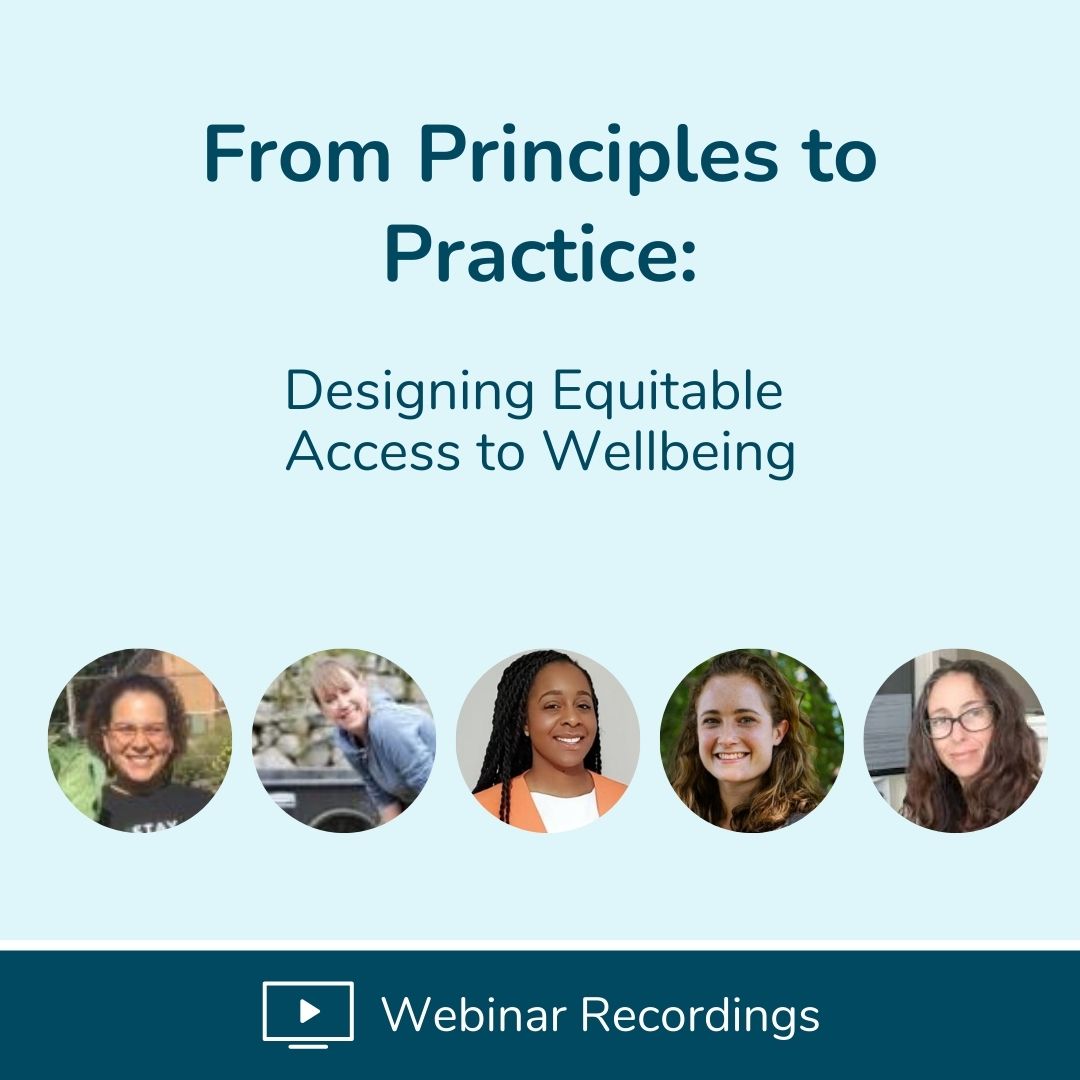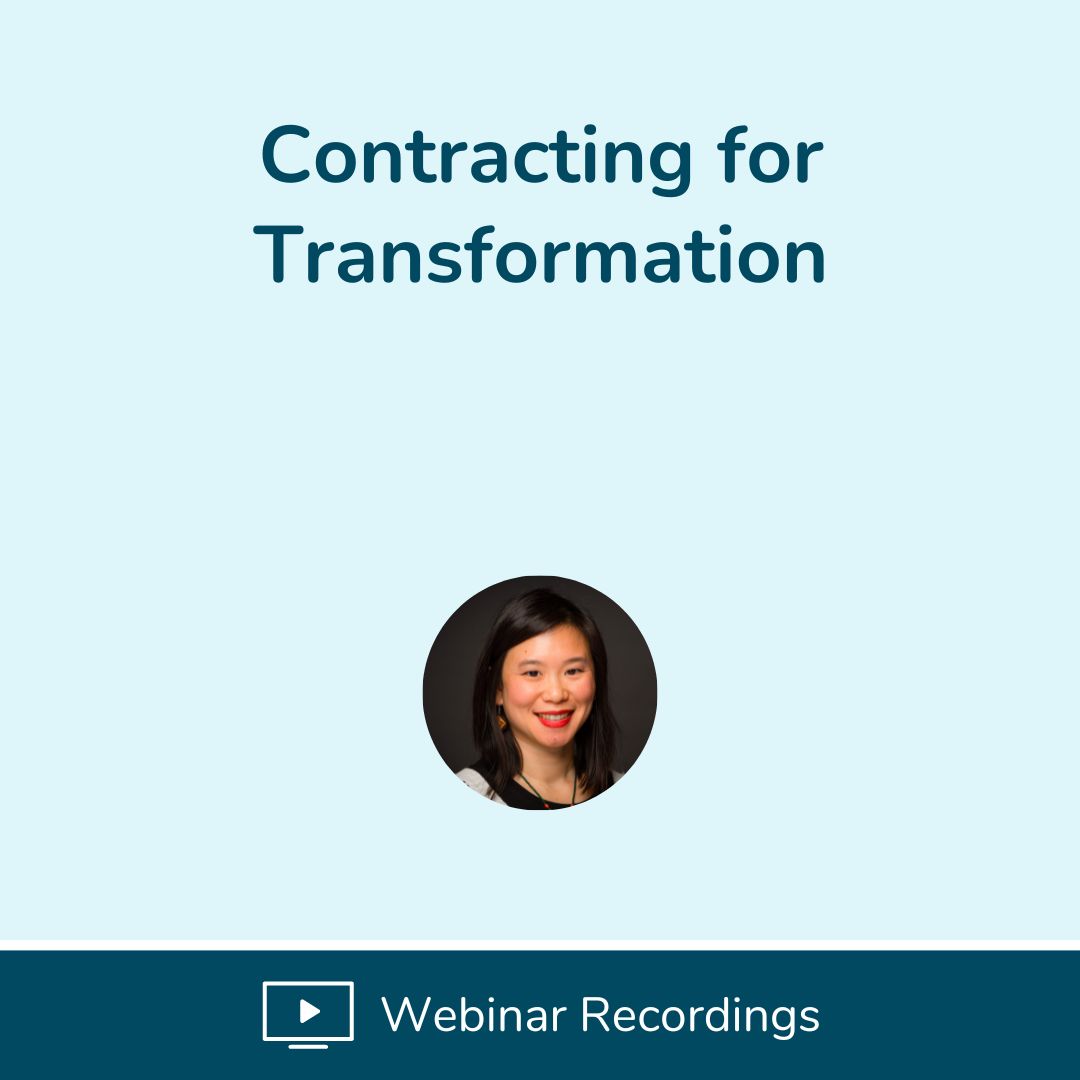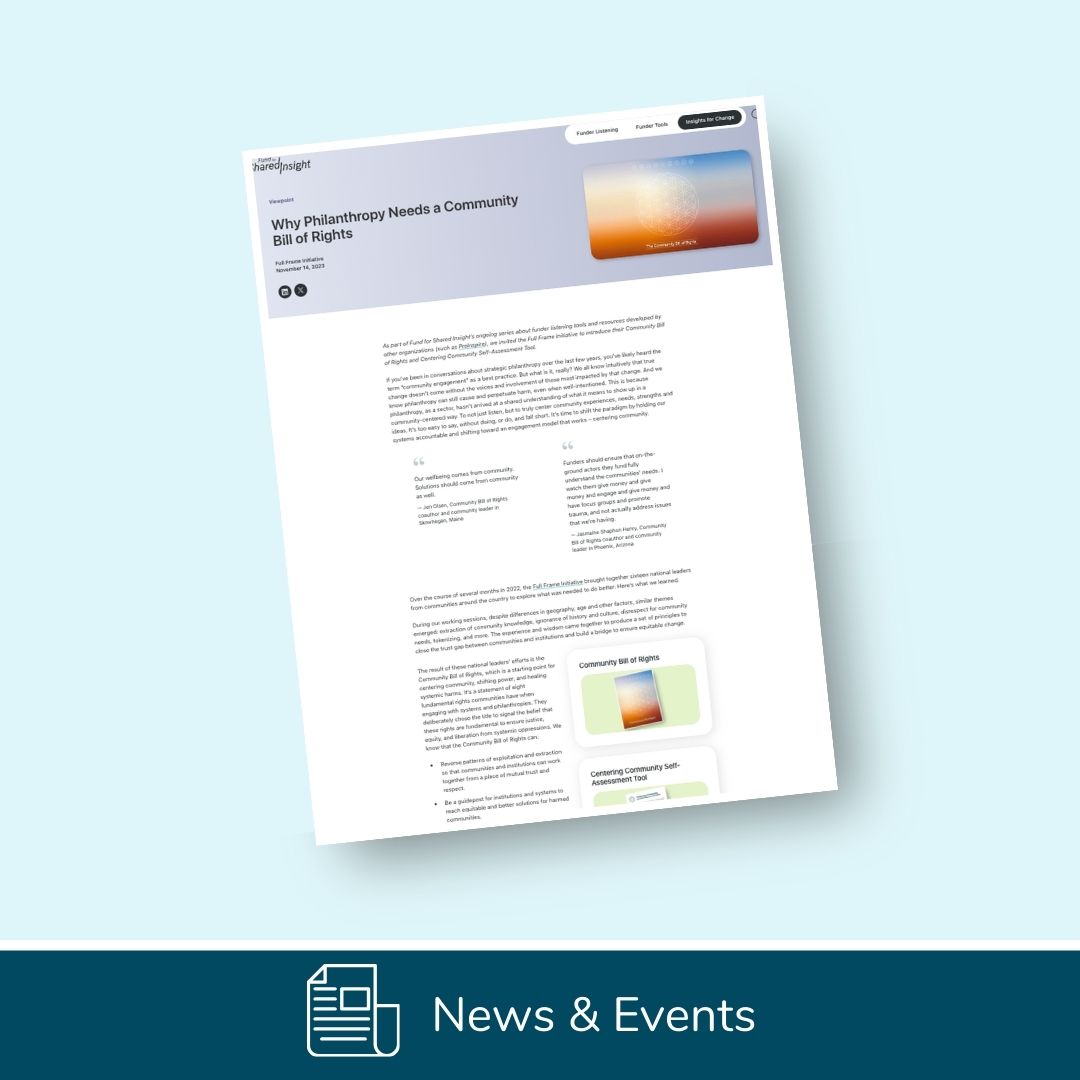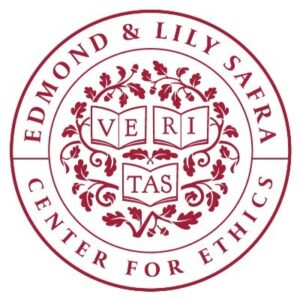 The Justice, Health & Democracy Impact Initiative (JHD) at Harvard University’s Edmond & Lily Safra Center for Ethics is helping local and federal leaders create a more inclusive economy by centering economic dignity and equitable wellbeing in the public policy process.
The Justice, Health & Democracy Impact Initiative (JHD) at Harvard University’s Edmond & Lily Safra Center for Ethics is helping local and federal leaders create a more inclusive economy by centering economic dignity and equitable wellbeing in the public policy process.
Through their collaborative partnerships, JHD encourages government officials to start with what matters – wellbeing – and activate economic dignity to build assets and innovation within communities. By cultivating new structures for widespread ownership and demonstrating grassroots approaches to community wealth building, JHD uses ethical principles as the foundation for cooperatively designing a world where the structure of the economy does not exclude anyone from being able to create, care for those they love, or be individually and collectively whole.
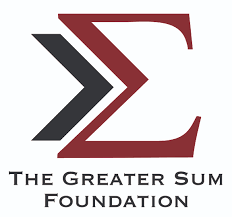 The Greater Sum Foundation supports early-stage nonprofits that are doing innovative and scalable work with funding, tools, connections and assistance – all through a wellbeing-oriented approach. The Greater Sum Foundation embodies Principle 6, while at the same time supporting nonprofits who are also putting this wellbeing design principle into practice.
The Greater Sum Foundation supports early-stage nonprofits that are doing innovative and scalable work with funding, tools, connections and assistance – all through a wellbeing-oriented approach. The Greater Sum Foundation embodies Principle 6, while at the same time supporting nonprofits who are also putting this wellbeing design principle into practice.
The Greater Sum Foundation’s 6-week nonprofit incubators encourage innovation and asset building. Designed for leaders of early-stage nonprofits, incubators make it easier for nonprofits to learn from each other and grow together. Through weekly peer discussions, participants have the opportunity to build their networks and expand knowledge of local resources. Nonprofits that have completed the incubator include Respond Crisis Translation, Start Lighthouse and Brain Education Strategies & Technology.
The Greater Sum Foundation also includes the Wellbeing Blueprint in grant reviewer training to prioritize funding for organizations that are tapping into people’s drive for wellbeing.

 The Justice, Health & Democracy Impact Initiative (JHD) at Harvard University’s Edmond & Lily Safra Center for Ethics is helping local and federal leaders create a more inclusive economy by centering economic dignity and equitable wellbeing in the public policy process.
The Justice, Health & Democracy Impact Initiative (JHD) at Harvard University’s Edmond & Lily Safra Center for Ethics is helping local and federal leaders create a more inclusive economy by centering economic dignity and equitable wellbeing in the public policy process. The Greater Sum Foundation supports early-stage nonprofits that are doing innovative and scalable work with funding, tools, connections and assistance – all through a wellbeing-oriented approach. The Greater Sum Foundation embodies Principle 6, while at the same time supporting nonprofits who are also putting this wellbeing design principle into practice.
The Greater Sum Foundation supports early-stage nonprofits that are doing innovative and scalable work with funding, tools, connections and assistance – all through a wellbeing-oriented approach. The Greater Sum Foundation embodies Principle 6, while at the same time supporting nonprofits who are also putting this wellbeing design principle into practice.